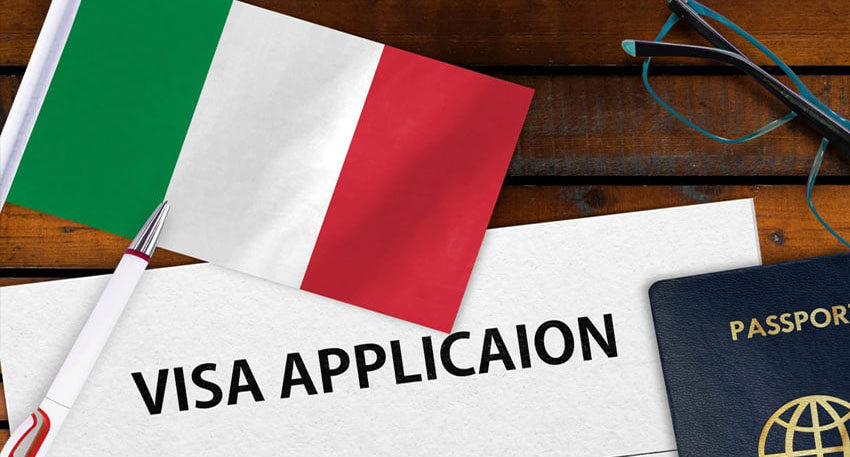
More than a hundred commonly used medicines have become costlier since the caretaker government lifted price controls in February 2024. Officials expected deregulation to promote competition and lower costs, but the opposite happened — prices shot up instead.
The rise came to light through a national survey ordered by the prime minister after growing complaints from citizens, hospitals, and provincial health departments about unaffordable medicines.
Senator Amir Waliuddin Chishti, chairman of the Senate Standing Committee on National Health Services, revealed that the Drug Regulatory Authority of Pakistan (DRAP) confirmed an average 32pc rise since deregulation began. Some medicines even saw a shocking 100pc increase, while many others rose by around 50pc.
Chishti said the move was meant to attract investment and boost exports, not to burden patients. “We have decided to seek justification from the industry in all cases where medicine prices have increased by 50pc or more,” he stated.
He added that the committee planned to meet pharmaceutical companies next month. If any evidence of cartelisation or collusion was found, the matter would be referred to the Competition Commission of Pakistan for action.
Read more: Chaos in Senate as 27th Constitutional Amendment sparks walkout and protests
Chishti stressed that while the government wanted the pharmaceutical sector to grow, it should not do so at the expense of patients already struggling with high living costs. The committee now awaits the prime minister’s recommendations on pricing non-essential medicines.
Before deregulation, companies could raise prices by up to 7pc annually under a formula tied to the Consumer Price Index. Under that system, prices would have risen by around 14pc over two years — far below the current 32pc spike.
However, the Pakistan Pharmaceutical Manufacturers Association (PPMA) disputed the figures, claiming that the actual increase was closer to 15pc. It said that if new products were excluded, the real rise in existing medicine prices was just 12pc.
The deregulation policy aimed to attract investment but instead triggered public frustration. Patients are paying more, while the government scrambles for answers. If unchecked, this trend could make basic healthcare harder to afford, raising questions about who really benefits from deregulation — the industry or the people.




